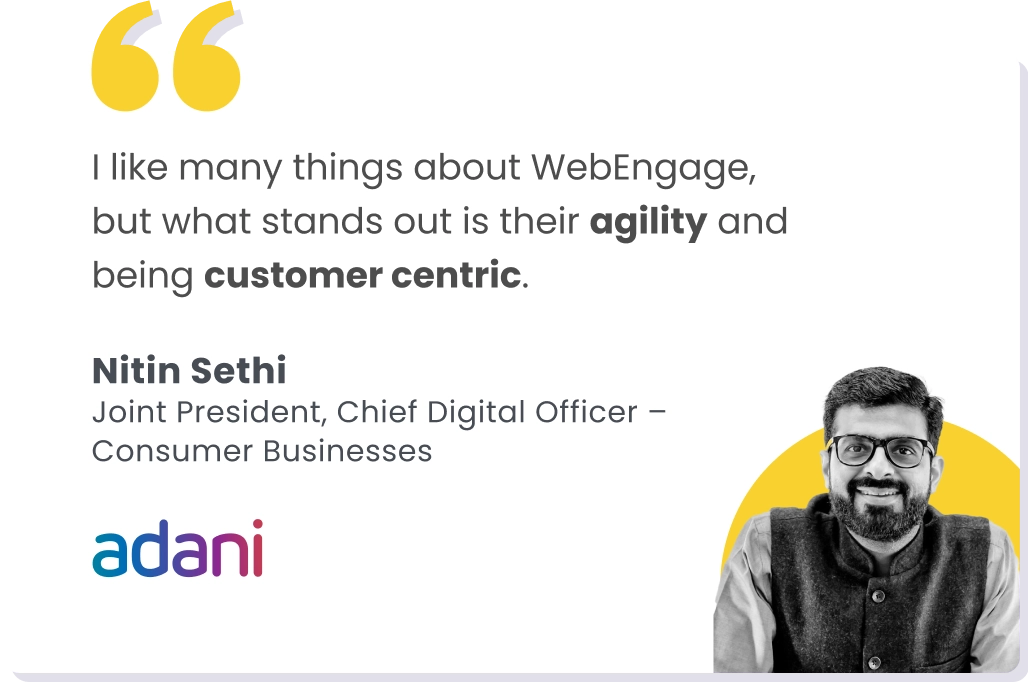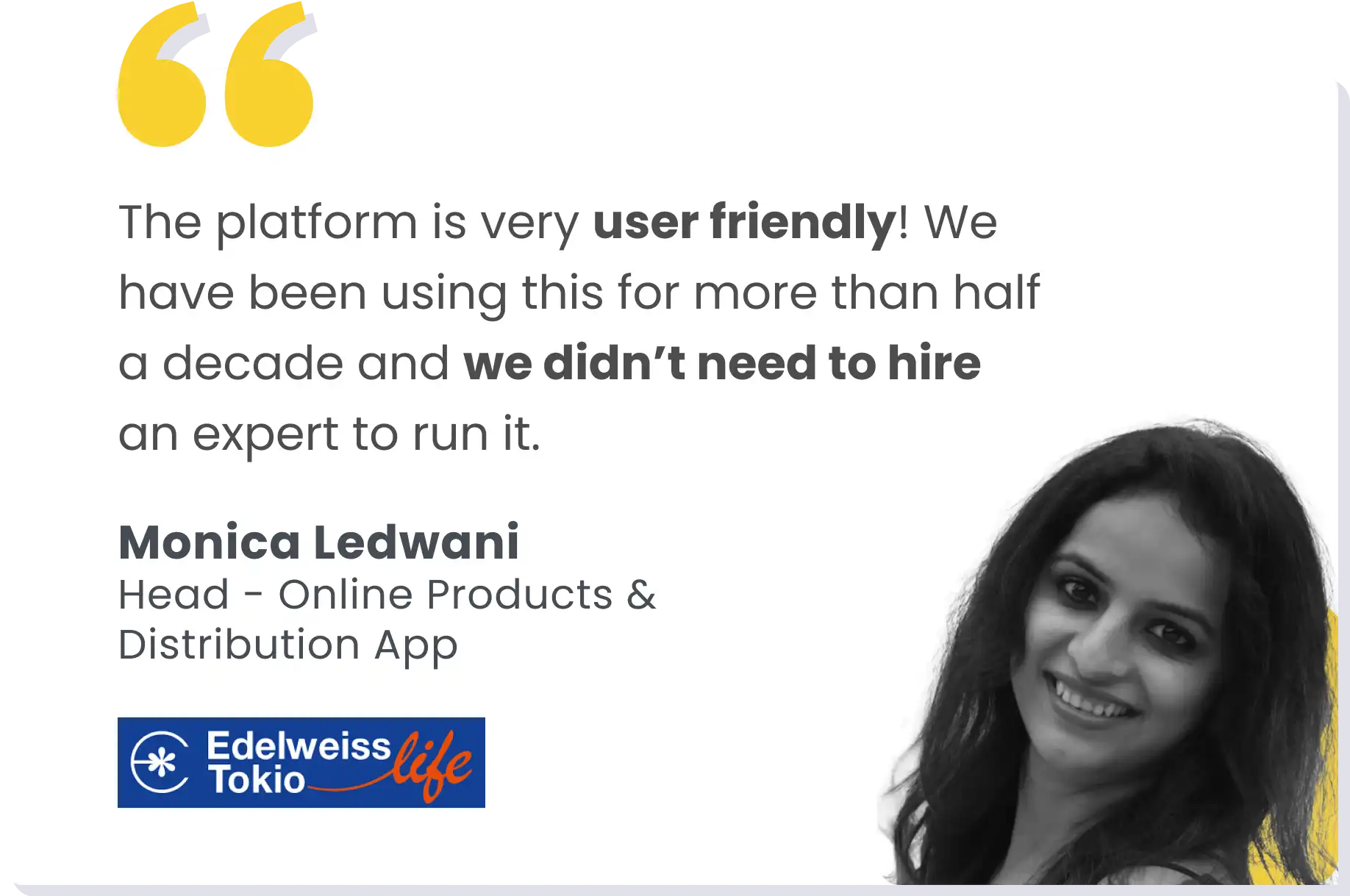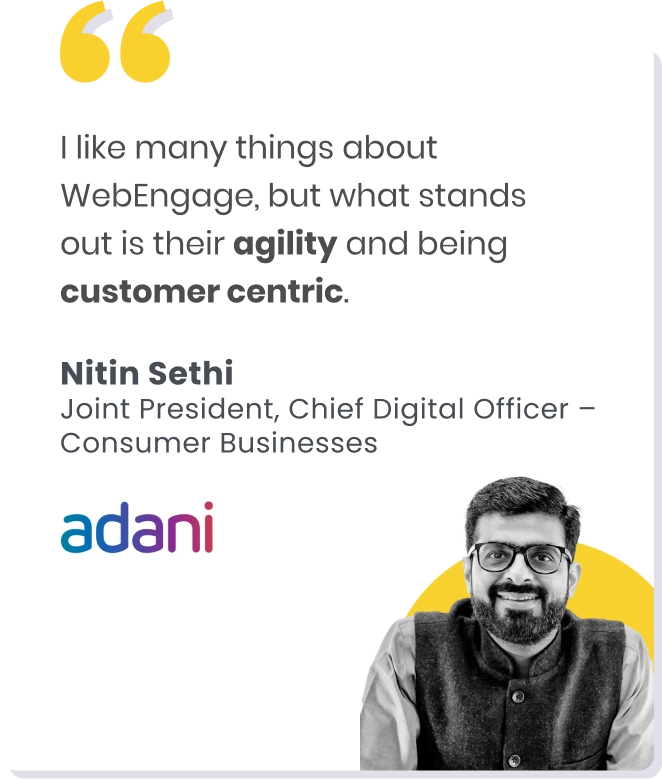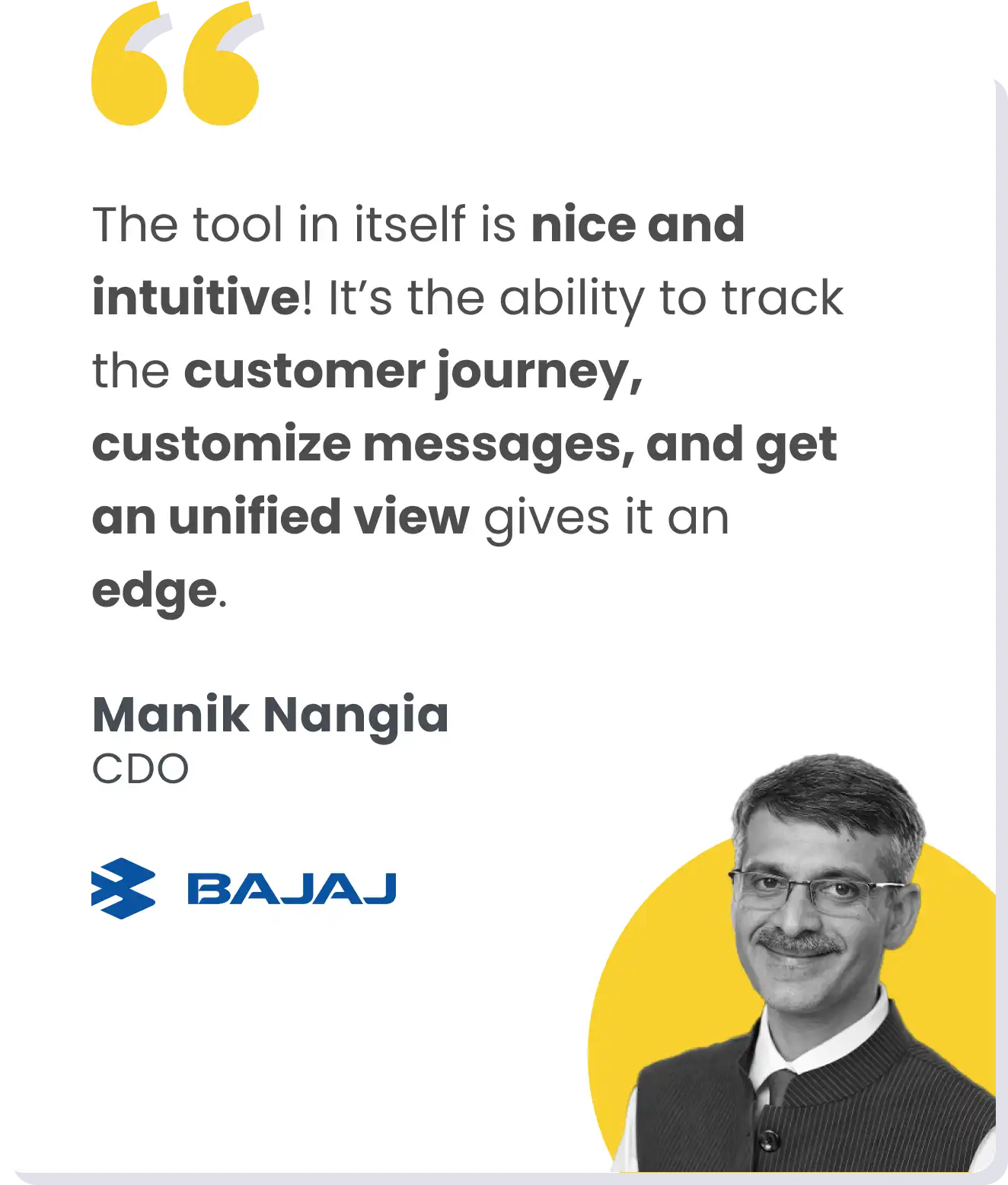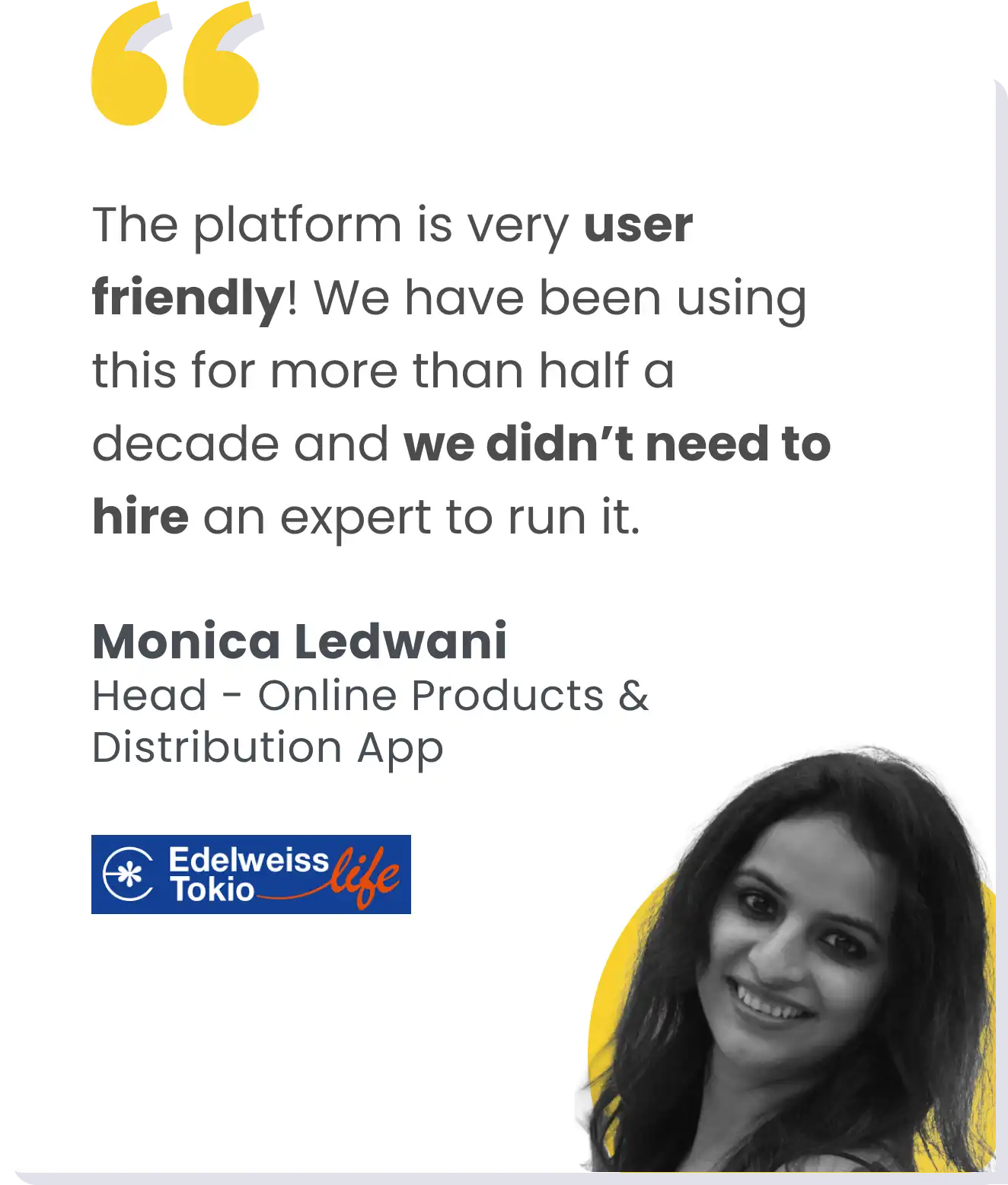Tasting it is one thing, but tasting it in the right way is another thing.”,
The potential for growth and overcoming challenges in a Direct-To-Consumer (D2C) business is paramount for success.
Today we’re exploring insights shared by Saloni Anand, co-founder of Traya, an online hair loss solution brand, and Sairaj Dhond, founder and CEO of Wakao Foods, India’s first jackfruit company.
From identifying target audiences to harnessing the power of data-driven approaches, Saloni and Sairaj offer a treasure trove of wisdom for aspiring entrepreneurs and established businesses alike. Let’s dive into the world of D2C growth strategies and discover the key factors driving success.
1. Market Potential and Constraints in D2C Growth:
Saloni & Sairaj believe that while the market size for D2C brands in India may not be infinite, there is optimism for substantial growth. Unique challenges, such as educating customers about vegan & health-conscious products and affordability, influence the Total Acquisition Margin (TAM) and market share of brands. Opportunities and points like the number of unique users needed and available online, along with the impact of channels like YouTube for specific targeting, must be considered.
2. Focusing on Online Channels and Marketing Strategies:
To ensure product success, D2C brands must prioritize their online channels and be adaptable in their marketing strategies.
“So you must also figure out which channel works for you. There is no strict and firm rule that only this will work or this is 100%. You need to be agile. You need to see what works for you; what works for someone else may not work for you,” adds Sairaj.
Encouraging consumers to try products before ordering online and leveraging social media campaigns or appropriate engagement times can enhance TAM and market share. Offline channels and international expansion, exemplified by branded Wakao Burgers sold in Singapore, can also be effective.
3. The Importance of Timing and Flexibility:
One crucial aspect emphasized by them is knowing when to time marketing efforts. There is no fixed timing for product success, but understanding customer needs and market trends helps brands stay ahead. Be ready to fix engagement timings, make impromptu changes in campaigns and topics, and think on your toes for your users. Being distinctive and attracting consumers remain significant challenges.
4. Calculating Customer Acquisition Cost (CAC):
For industries like HoReCa (Hotels, restaurants, and cafes/catering), which operate with high Customer Acquisition Costs (CAC) due to the high entry barrier, subscription-based solutions and supply to major chains prove successful.
5. VC Funding and Strategic Spending:
Wakao Foods’ Sairaj highlights the importance of strategic spending and fearless experimentation. Startups in India find themselves in a favorable time for VC funding and support, making it crucial to utilize funds wisely and seek continuous improvement.
6. The Power of Customer Retention:
Traya’s focus on customer retention and loyalty programs has been pivotal in acquiring existing users. Building a loyal customer base by delivering results and addressing feedback constructively enhances brand equity and creates brand ambassadors.
7. Data-Driven Approaches for Personalization:
Data-driven approaches empower D2C brands to personalize customer experiences across various touchpoints, including ads, WhatsApp messages, and support. Identifying user preferences and providing dynamic customer journeys contributes to improved retention and success.
8. Building a Strong Foundation for Growth:
Successful D2C brands like Wakao and Traya prioritize in-house growth teams and agility in their product offerings. Focusing on experimentation, learning, and finding the right product-market fit is crucial for sustained growth.
Conclusion:
The world of D2C brands in India is ripe with opportunities and challenges. By understanding their target audience, embracing data-driven approaches, and fostering customer loyalty, brands like Traya and Wakao have exemplified the path to success. By harnessing these insights, D2C ventures can chart their course toward growth, success, and positively impacting the market.









